Breadcrumb
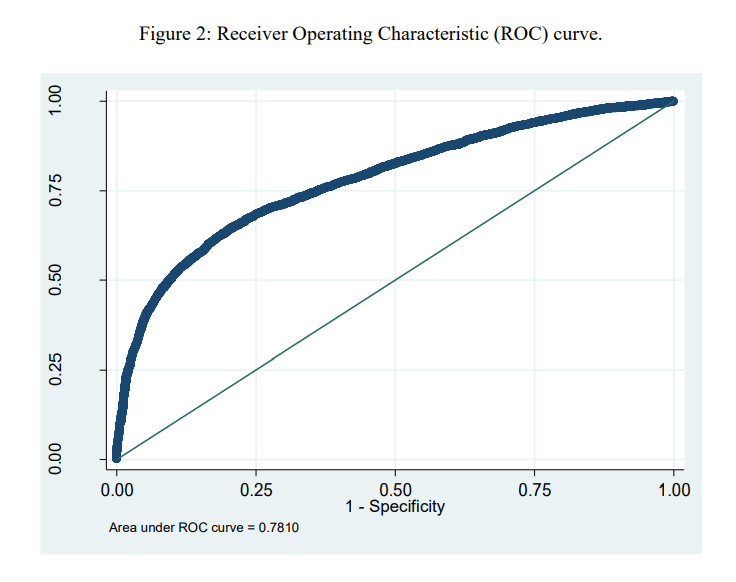
An analysis of the financial inclusion in South Africa considering race, education and income
The paper examines the issue of financial inclusion in South Africa by analysing the likelihood of ownership of a bank account of an adult individual by race, education and income. Although racial segregation in South Africa was ended on May 10th, 1994, there is still considerable evidence that self-employed and entrepreneurs' successes are related to their ethnic groups. The paper examines how likely it is that higher education, after controlling for income, increase awareness of financial planning and therefore bank accounts ownership. Education is found to be a significant factor that
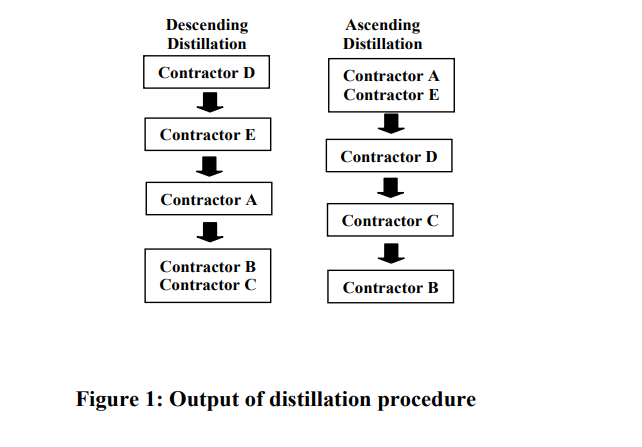
An application of ELECTRE III to contractor selection
Contractor selection is carried out in order to choose a competent and capable contractor to do the work. To help in this selection, baselines are established to ensure that the contractors have the required skills, resources, and abilities to execute the project. Contractor selection is a multiple criteria decision making wherein several criteria are required to be evaluated simultaneously. This paper proposes a decisionmaking model for contractor selection utilizing ELECTRE III modeling. The steps of ELECTRE III model include; estimation of concordance indices, estimation of discordance
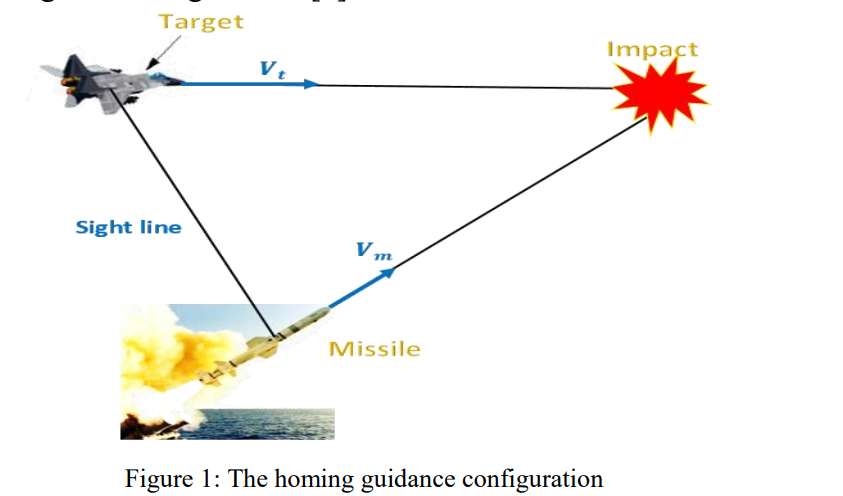
Intercept algorithm for maneuvering targets based on differential geometry and lyapunov theory
Nowadays, the homing guidance is utilized in the existed and under development air defense systems (ADS) to effectively intercept the targets. The targets became smarter and capable to fly and maneuver professionally and the tendency to design missile with a small warhead became greater, then there is a pressure to produce a more precise and accurate missile guidance system based on intelligent algorithms to ensure effective interception of highly maneuverable targets. The aim of this paper is to present an intelligent guidance algorithm that effectively and precisely intercept the
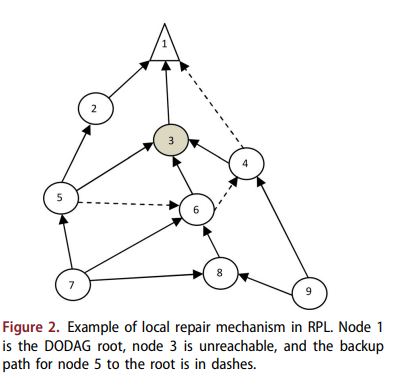
Optimal proactive monitor placement & scheduling for IoT networks
This work is fulfilled in the context of the optimized monitoring of Internet of Things (IoT) networks. IoT networks are faulty; Things are resource-constrained in terms of energy and computational capabilities; they are also connected via lossy links. For IoT systems performing a critical mission, it is crucial to ensure connectivity, availability, and network reliability, which requires proactive network monitoring. The idea is to oversee the network state and functioning of the nodes and links; to ensure the early detection of faults and decrease node-unreachability times. It is imperative
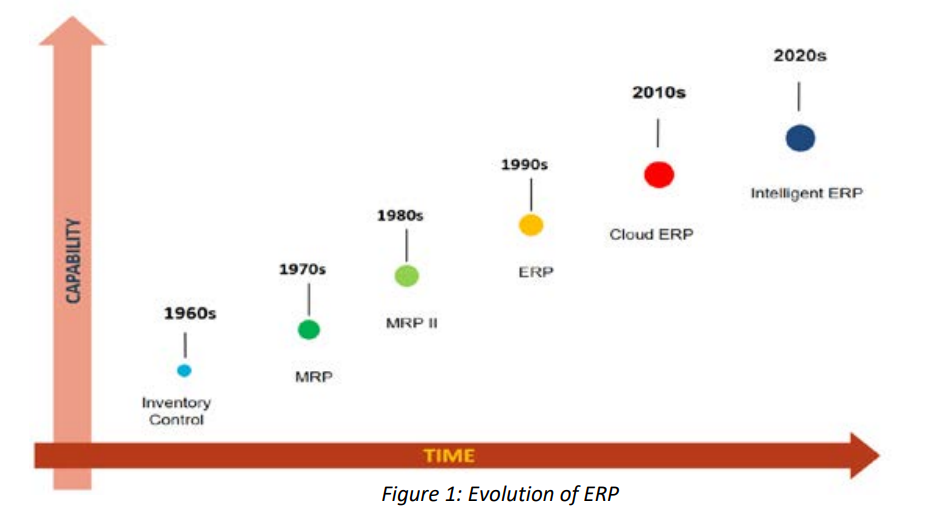
Guidelines for selecting emerging technology features for cloud erp
Emerging technologies such as Artificial Intelligence (AI), Blockchain and Internet of Things (IoT) permeate every aspect of work and life. For example, in the supply chain management: IoT-networked sensors can provide real-time insight into the provenance of goods and materials, supplier performance, available capacity, predictive demand and other key data. In turn, this data can feed autonomous and intelligent processes that “learn” how to respond to changing circumstances. Classical ERP systems do not support this distributed innovation. Emerging Technologies in Cloud ERP are what brings
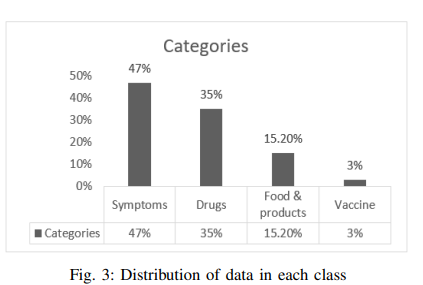
Intelligent Arabic-Based Healthcare Assistant
Text classification has been one of the most common natural language processing (NLP) objectives in recent years. Compared to other languages, this mission with Arabic is relatively restricted and in its early stages, and this combination in the medical application area is rare. This paper builds an Arabic health care assistant, specifically a pediatrician that supports Arabic dialects, especially Egyptian accents. The proposed application is a chatbot based on Artificial Intelligence (AI) models after experimenting with Two Bidirectional Encoder Representations from Transformers (BERT) models
Technology and financial innovation
This case study examines the global financial debacle of 2007-2008 to see the roles in which technology played in new financial schemes. It uses theory about social-technical systems and applications of technology to analyze the case. It identifies theoretical issues in which MOT can relate to classical economic theory. © 2011 World Scientific Publishing Company.
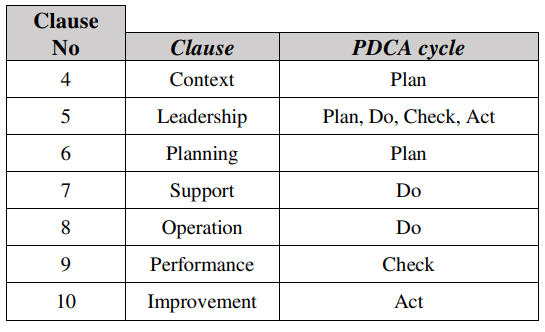
Automotive standards compliance cost reduction by mutual integration between automotive SPICE and IATF 16949:2016
In the automotive sector, processes outcomes could be derived from different standards including Automotive SPICE PAM 3.1 and IATF 16949:2016. Both standards have common requirements, but each standard describes the requirements from its viewpoint. IATF 16949:2016 is mainly concerned with the quality management system processes from "organizational" perspective, while Automotive SPICE focuses on assessing the capability and maturity of the organization's core processes from the project perspective. In real life, organization working within the OEMs supply chain applies separately both models
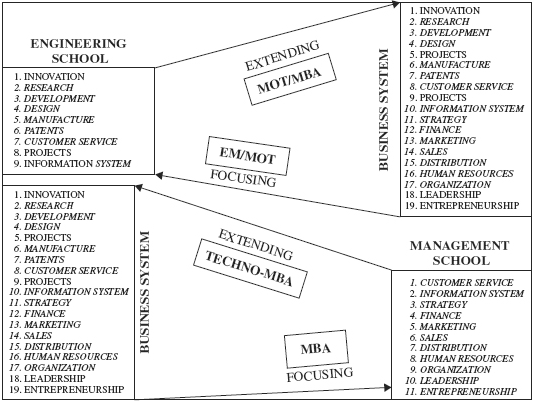
Managing technological innovation: Competitive advantage from change, third edition
Written by the author who helped crystalize the field of technology management and the management of innovation with the first two editions of Managing Technological Innovation, this Third Edition brings the subject in line with current business strategy. It also presents information in a newer organized format that aligns more closely with how the topics are presented and discussed in the classroom. Also included is a wider discussion of how science and technology interact with the global economy. © 2011 by John Wiley & Sons, Inc. All rights reserved.
Network-coded wireless powered cellular networks: Lifetime and throughput analysis
In this paper, we study a wireless powered cellular network (WPCN) supported with network coding capability. In particular, we consider a network consisting of k cellular users (CUs) served by a hybrid access point (HAP) that takes over energy transfer to the users on top of information transmission over both the uplink (UL) and downlink (DL). Each CU has k+1 states representing its communication behavior, and collectively are referred to as the user demand profile. Opportunistically, when the CUs have information to be exchanged through the HAP, it broadcasts this information in coded format
Pagination
- Page 1
- Next page ››
